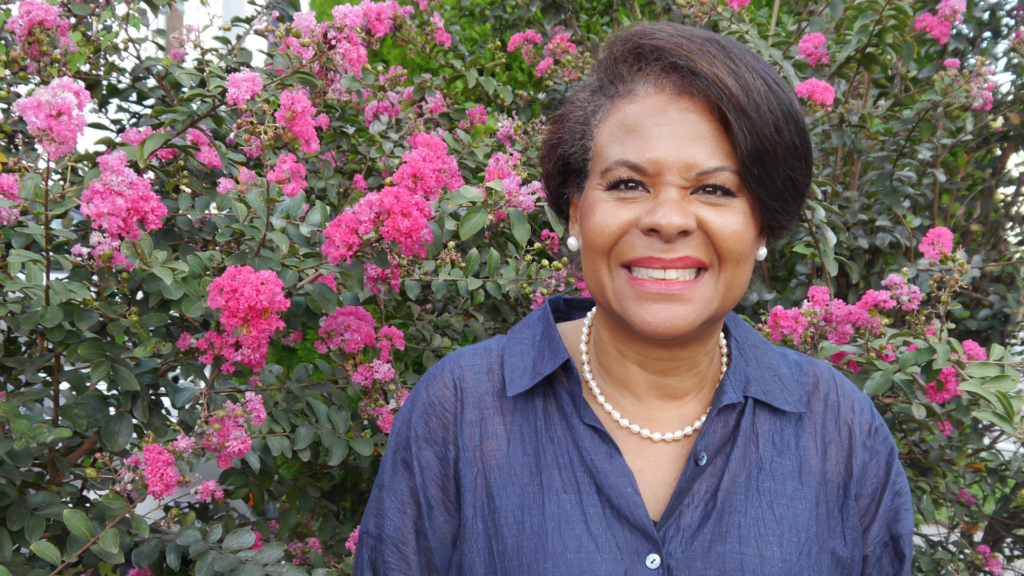By Vicki Spriggs, Texas CASA CEO

February is Teen Dating Violence Awareness and Prevention Month. Did you know that one out of every three U.S. adolescents experiences some type of physical or emotional dating abuse before they reach adulthood?
This statistic is even higher for youth in foster care, who are more vulnerable than their peers in so many ways. These youth have experienced trauma, often in multiple forms, and that trauma can have consequences on their physical and mental health, social skills, self-esteem and coping abilities. Some of these youth grew up in homes where domestic violence occurred—and many lack consistent, caring adult role models who can show them what healthy relationships should even look like.
Dating is an important part of human development and helping many teens feel “normal.” Feeling normal and fitting in can be especially crucial for a teen in foster care who’s having to balance homework with court dates and sibling visits. Knowing all of this, how can CASA volunteers help ensure the young people they serve are informed about healthy relationships when they choose to start dating?
Like any other topic we face in advocacy, start by making sure you have background knowledge on the issues and the resources available. LoveIsRespect.org has just about everything you could need to get started, including information on the warning signs of abusive relationships, consent and boundaries, sexual health, how to get help and so much more. Also be sure to understand the unique issues teens in LGBTQ+ relationships can face. Abuse happens in LGBTQ+ relationships at the same rate as other relationships, but when it does take place, these youth can be even less likely to get help. It’s important for you to be prepared to provide a safe space and accurate information.
Another great source on this topic is our CASA on the Go podcast. In one episode, we focused on advocating for healthy relationships with Texans Care for Children’s Kate Murphy, with a special focus on the complex issues around teen pregnancy prevention. Learn what CASA advocates can do to connect youth with education about healthy relationship dynamics, support the prevention of unplanned teen pregnancies and successfully advocate for the unique needs of pregnant and parenting youth in care.
If you’re looking for something tangible to share with the teen you serve, check out our Lines of Support card. This wallet-sized card offers hotline numbers on issues ranging from sex trafficking to dating abuse and suicidal thoughts. You can find the PDF version of the card on our website, and you can order it in bulk on our CASA Marketplace.
Most importantly, make sure the youth knows that you are there for them, no matter what. Teens are much more likely to open up to and ask for help from adults who they trust. It can be awkward on both sides for adults and teens to talk about dating and relationships. So, share these resources with them and make sure they know you’re there to provide a judgment-free listening ear, while at the same time staying respectful of their agency and boundaries. You can also ensure that the youth’s caregivers are connected with these resources and support so that they can have helpful conversations as well.
If you know of a teen, parent or caregiver who could benefit from speaking with a caring, well-trained peer advocate, connect them with the National Dating Abuse Helpline, a project of the National Domestic Violence Hotline, at 1-866-331-9474 (TTY: 1-866-331-8453), by texting «loveis» to 77054, or through live chat at LoveIsRespect.org.
No matter their past or present, teens can learn healthy relationships skills and experience a happy, safe and fulfilling life—especially when they have a caring CASA volunteer on their side who can support them.
Thank you for all that you do,
